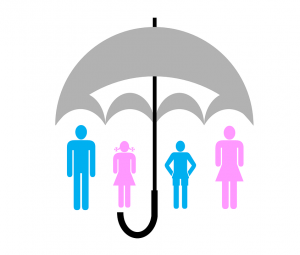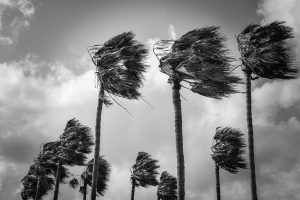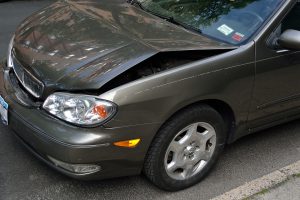Courtesy of iii.org
 June weather in New York City can be fickle. As the I.I.I.’s own Brent Carris reported, this fickleness can lead to chaos for the city’s outdoor music festivals, like the recent fiasco at this year’s Gov Ball. Carris noted that event organizers will often have event cancellation insurance to protect themselves financially.
June weather in New York City can be fickle. As the I.I.I.’s own Brent Carris reported, this fickleness can lead to chaos for the city’s outdoor music festivals, like the recent fiasco at this year’s Gov Ball. Carris noted that event organizers will often have event cancellation insurance to protect themselves financially.
But this got me thinking: is there rain insurance?
Weather insurance
The answer: yes, actually. It’s usually called “weather insurance” – and covers financial losses resulting from adverse weather, including rain. Typically, weather insurance is useful if you’re planning an outdoor event, like a wedding or a bar mitzvah. Commercial events can also buy this insurance, like fairs or festivals.
According to Trusted Choice, weather insurance is often tailored to a specific event’s needs. For example, a sailing regatta in San Francisco might want to be covered for excessive fog, whereas a baseball tournament in Arizona might want to be covered for extreme temperatures. Of course, these covered perils can be combined: it gets hot in southern Florida and rains a lot, so you might want to cover your golf tournament for both high temperatures and precipitation. Plus, you know, hurricanes.
How the coverage gets triggered also depends on the event: one-day events might want their policies to kick in if a certain amount of rain falls over a certain amount of time. Other events that last multiple days or weeks might want the trigger to be if rainfall or temperatures exceed their averages during the policy period.
Special event insurance
Okay, cool, that means I can protect myself in case I have to cancel my invitational street hockey tournament. But what if I have to cancel or postpone for non-weather reasons? That’s where “special event insurance” comes in. It’s broader than just plain weather insurance and will cover other causes of cancellation.
In the case of a wedding, special event insurance can cover cancellation due to, among other things: death or illness of a key participant, or if the bride or grooms is suddenly called to military duty. You can also cover your gifts in case they’re stolen or damaged. You can even cover your losses if one of your third-party providers can’t uphold their promises to you. For example, you could be covered if the bridal salon goes out of business and you have to get a dress somewhere else, or the photographer fails to show up and you need to deputize your cousins to take pictures with their smartphones.
Ticket insurance
It’s not just event organizers who can get insurance protection, though. There are also products to protect attendees. For example, Allianz calls its product “Global Assistance Event Ticket Protector Insurance,” which roughly translates into English as “ticket insurance”.
According to the Ticketmaster website, this insurance will reimburse you 100 percent of your ticket (including taxes and shipping) if any of a long list of things happens that prevents you from enjoying your event. Illness or serious injury, for example. Military duty is also covered (who knew there was such a high risk of someone being whisked away to military duty on short notice?). You’ll also be covered if a traffic accident keeps you from getting to the venue, or if your plane is delayed getting in.
However, being lazy is not a covered cause of loss: “Please note that no benefits will be extended for cancellations due to simply changing your mind.”


